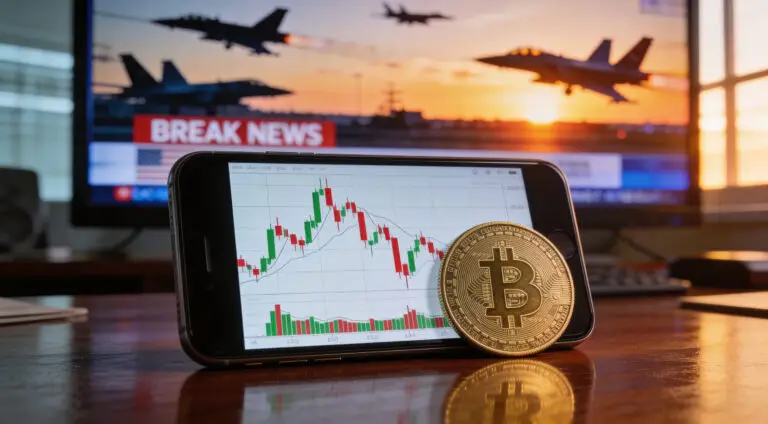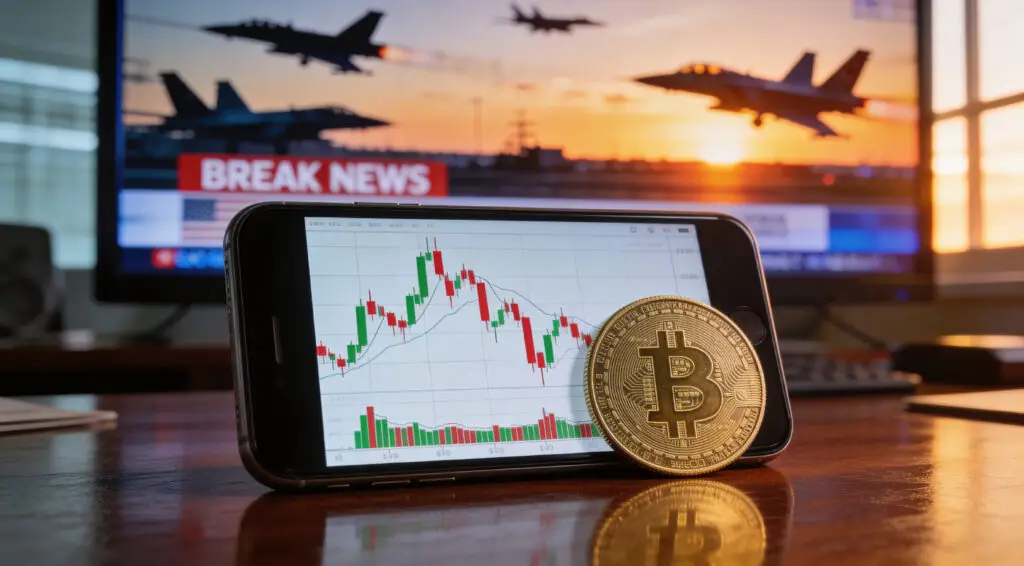Prison Term Handed Down for Wash Trading Scheme
Aleksei Andriunin, the 26-year-old founder of crypto firm Gotbit, has been sentenced to eight months in prison for orchestrating a multi-year market manipulation operation. The sentencing follows Andriunin’s guilty plea in March 2025, after he was arrested in Portugal and extradited to the United States to face federal charges.
The case underscores growing regulatory scrutiny in the cryptocurrency space, particularly around fraudulent practices designed to mislead investors.
Gotbit Ordered to Forfeit $23M and Suspend Operations
In addition to Andriunin’s sentence, Gotbit itself has been hit with severe penalties. The firm must forfeit $23 million in cryptocurrency, which authorities say was obtained through illicit activities. The company has also been ordered to cease operations for five years under a formal probation arrangement.
The forfeiture reflects the scale of the profits generated through illegal trading tactics, and the operational suspension marks one of the harshest crackdowns on a crypto firm to date.
Years of Market Deception Uncovered
According to federal investigators, Gotbit engaged in wash trading between 2018 and 2024—an illegal tactic where the same party both buys and sells assets to inflate trading volume artificially. This practice was used to manipulate the visibility and perceived popularity of tokens on influential platforms such as CoinMarketCap.
By inflating volume metrics, Gotbit made lesser-known tokens appear to be in high demand, misleading both platforms and retail investors.
Sophisticated Tactics to Avoid Detection
Authorities detailed how Gotbit utilized multiple trading accounts to mask its activities. The firm executed millions of dollars’ worth of trades using coordinated buy-and-sell orders, designed to simulate organic market activity and dodge anti-fraud mechanisms.
This level of sophistication made it difficult for exchanges and monitoring tools to immediately identify the manipulation, allowing the scheme to persist for years.
Clients Include Other Controversial Tokens
Among the tokens that reportedly benefited from Gotbit’s services were Robo Inu and Saitama—two projects whose leadership now face separate legal proceedings. These tokens gained attention during the meme coin boom but have since been subject to scrutiny over their practices and legitimacy.
The connection between Gotbit and these projects adds another layer to the unfolding legal narrative in the crypto world, where increasing numbers of personalities and projects are facing regulatory and criminal consequences.
A Cautionary Tale for the Crypto Industry
The sentencing of Andriunin and the crackdown on Gotbit serve as a warning to other crypto firms engaging in deceptive practices. Regulators have shown a willingness to pursue international enforcement, as demonstrated by Andriunin’s extradition from Portugal to the United States.
The case highlights the importance of transparency and ethical conduct in the evolving world of digital assets. As the industry matures, so too does its exposure to legal standards long applied to traditional financial markets.
What’s Next for Crypto Regulation?
The Gotbit case may prove to be a turning point in crypto regulation, as governments around the world step up enforcement against fraudulent schemes. It sends a message that manipulating decentralized markets is no longer out of reach for law enforcement, and that cross-border coordination is on the rise.
As more manipulation cases come to light, industry insiders predict tighter rules and stronger vetting from exchanges, especially for emerging tokens seeking to be listed.
Legal Experts React to the Verdict
Legal analysts say the case represents a growing trend of aggressive enforcement in the crypto space. “This is not just about Gotbit,” one attorney noted, “it’s about setting a precedent for how crypto crimes will be prosecuted globally.” The outcome may embolden regulators to pursue other high-profile cases with renewed vigor.














